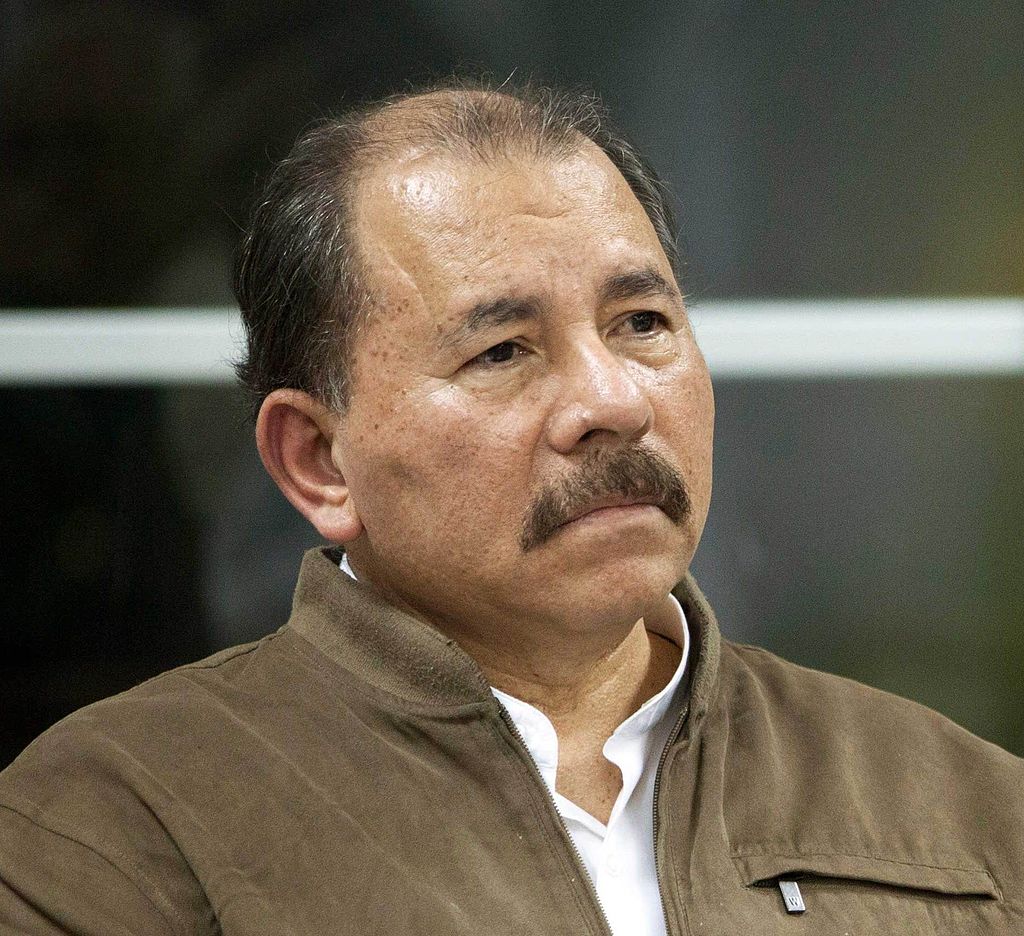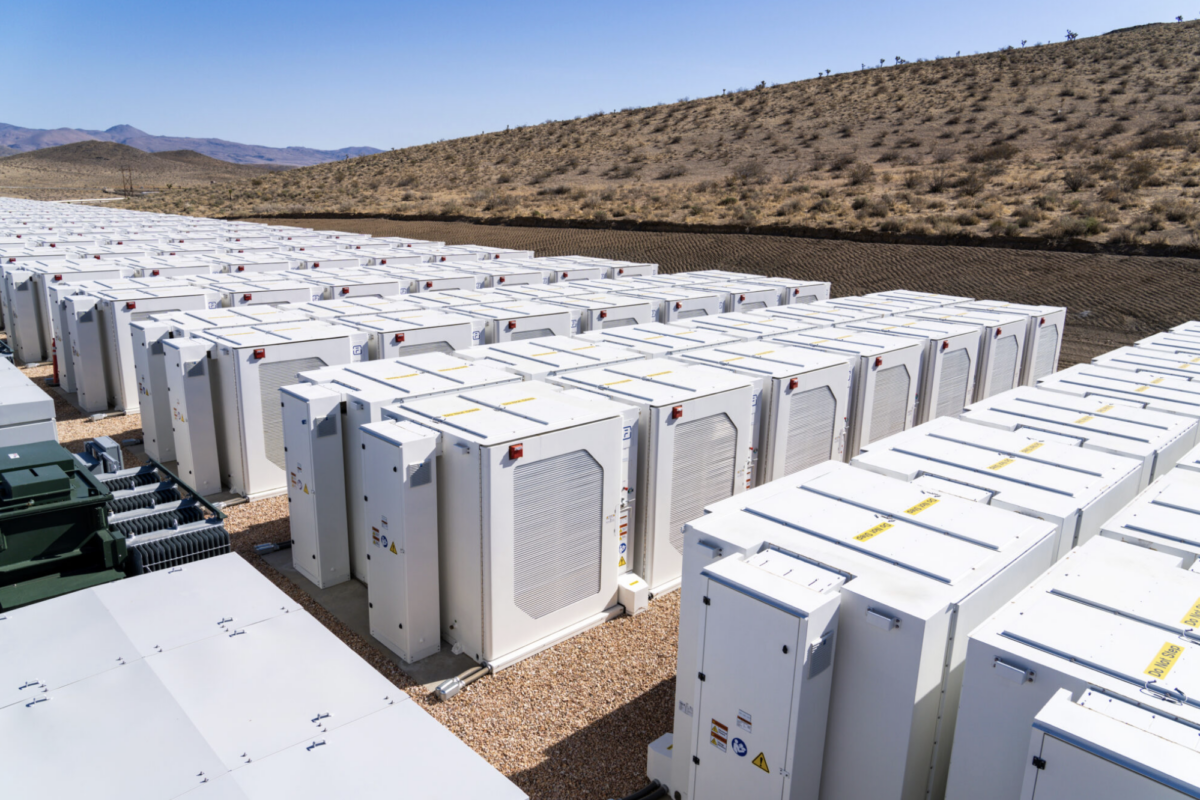Nicaragua’s state-owned grid operator Enatrel announced it is conducting a feasibility study for distributed generation from solar.
The company said it is now assessing the feasibility of small-sized grid-connected power generators. This, Enatrel added, will enable the installation of PV and wind power systems for self-consumption at households, factories or government buildings. These installations, according to Enatrel, will be authorized to sell excess power to the local grid.
Meanwhile, in the past week, Nicaragua’s president Daniel Ortega has sent a bill to the local Parliament to reform the country’s energy law (Ley 272 de la Industria Eléctrica) and to introduce a net metering scheme for solar and renewable energy power generators.
If approved, the reform would allow the country’s power distributors Disnorte and Dissur to buy excess power from small power producers.
The Ministy of Energy and Mines (MEM) said in January that the reform defines the technical procedures for net metering and distributed generation. In the document, the MEM said it aims at increasing the share of renewables in the country’s energy mix from 55% in 2018 to 64% in 2023 and 73% in 2030.
In the past week, the MEM had also released the new maximum prices for the contracting of new renewable energy power facilities. The maximum price for solar was reduced from $118/MWh to $70/MWh. This move, according to several media reports, could slow down investment in large-scale solar project in the country.
Currently, the government of Nicaragua is contracting power from new large-scale solar and renewable energy projects by direct agreements and not through an auction mechanism.
This content is protected by copyright and may not be reused. If you want to cooperate with us and would like to reuse some of our content, please contact: editors@pv-magazine.com.




1 comment
By submitting this form you agree to pv magazine using your data for the purposes of publishing your comment.
Your personal data will only be disclosed or otherwise transmitted to third parties for the purposes of spam filtering or if this is necessary for technical maintenance of the website. Any other transfer to third parties will not take place unless this is justified on the basis of applicable data protection regulations or if pv magazine is legally obliged to do so.
You may revoke this consent at any time with effect for the future, in which case your personal data will be deleted immediately. Otherwise, your data will be deleted if pv magazine has processed your request or the purpose of data storage is fulfilled.
Further information on data privacy can be found in our Data Protection Policy.